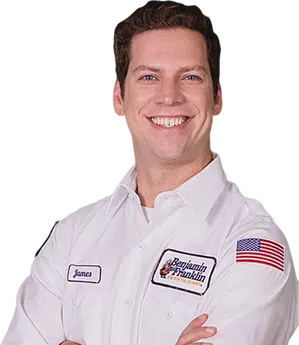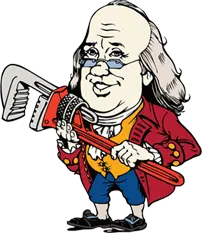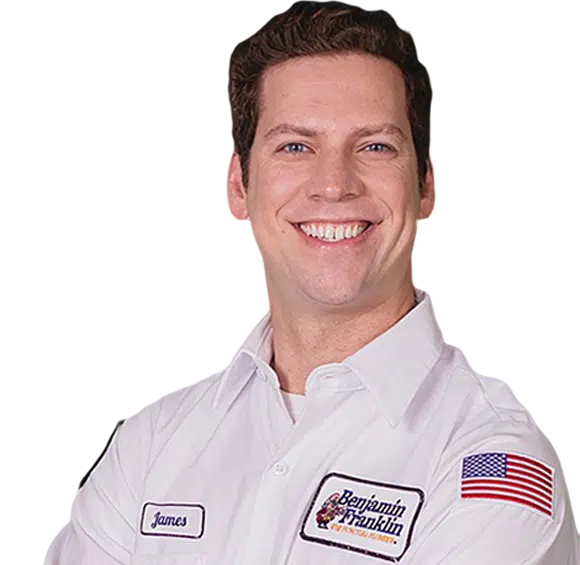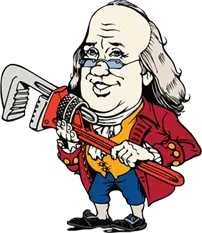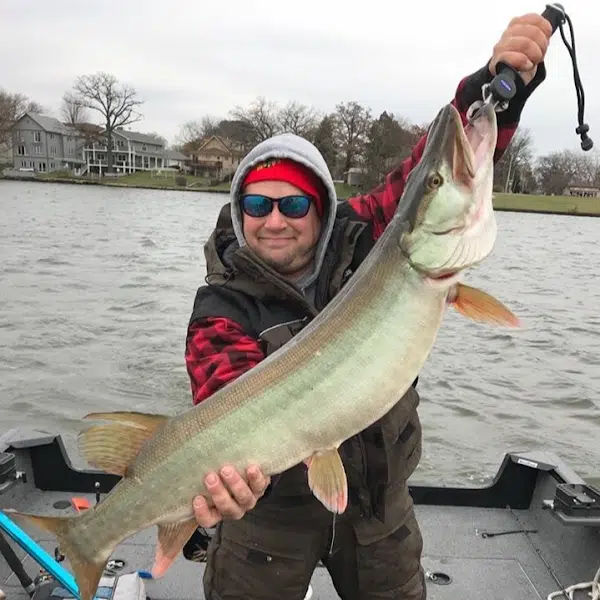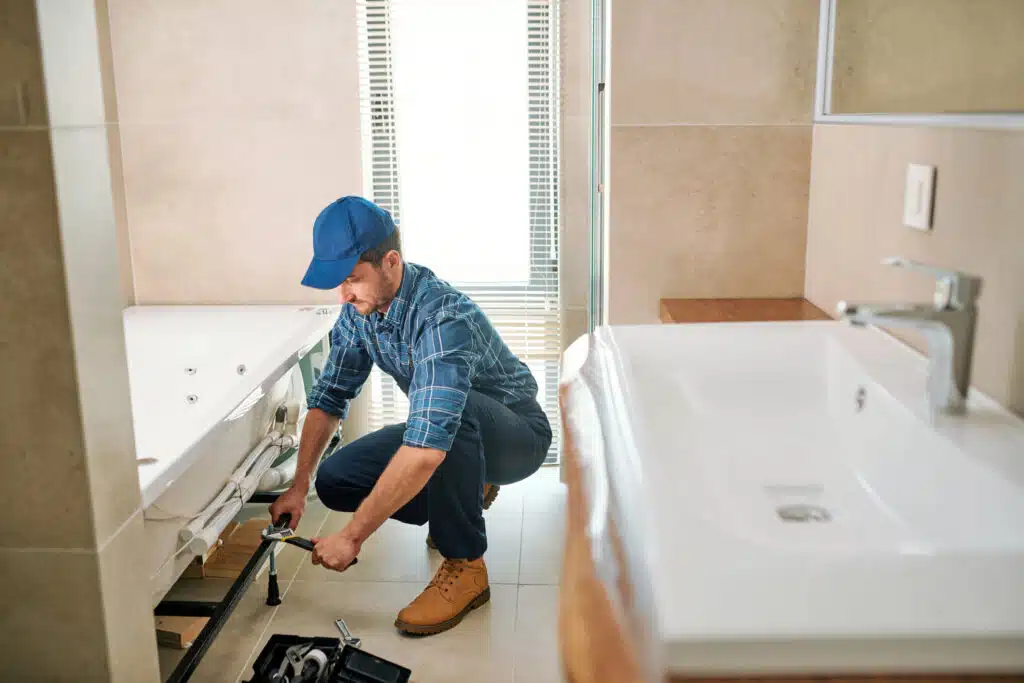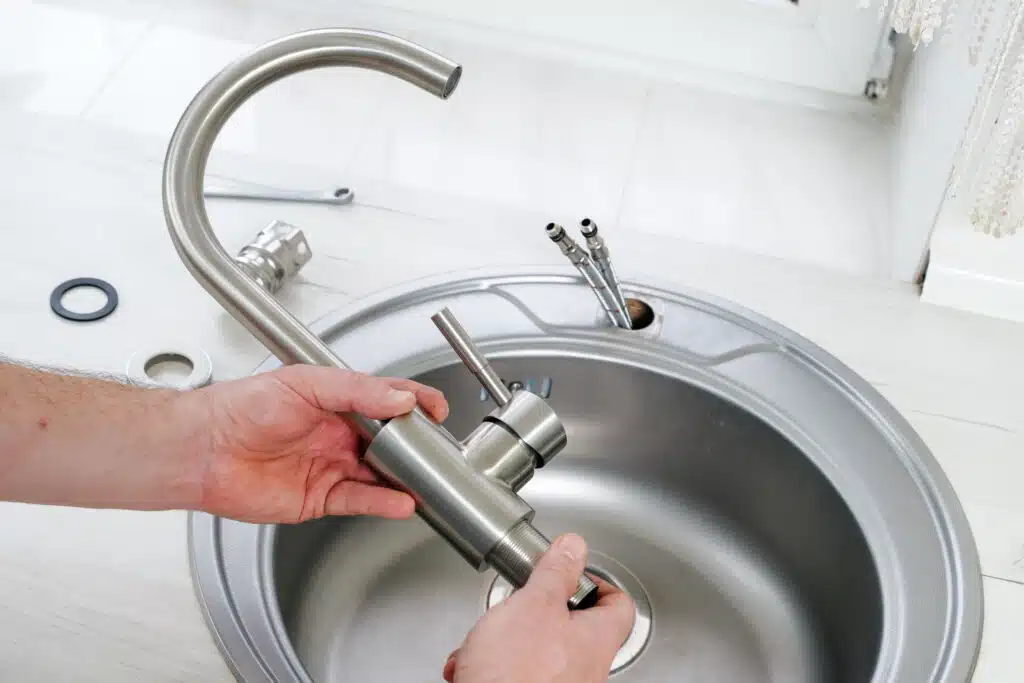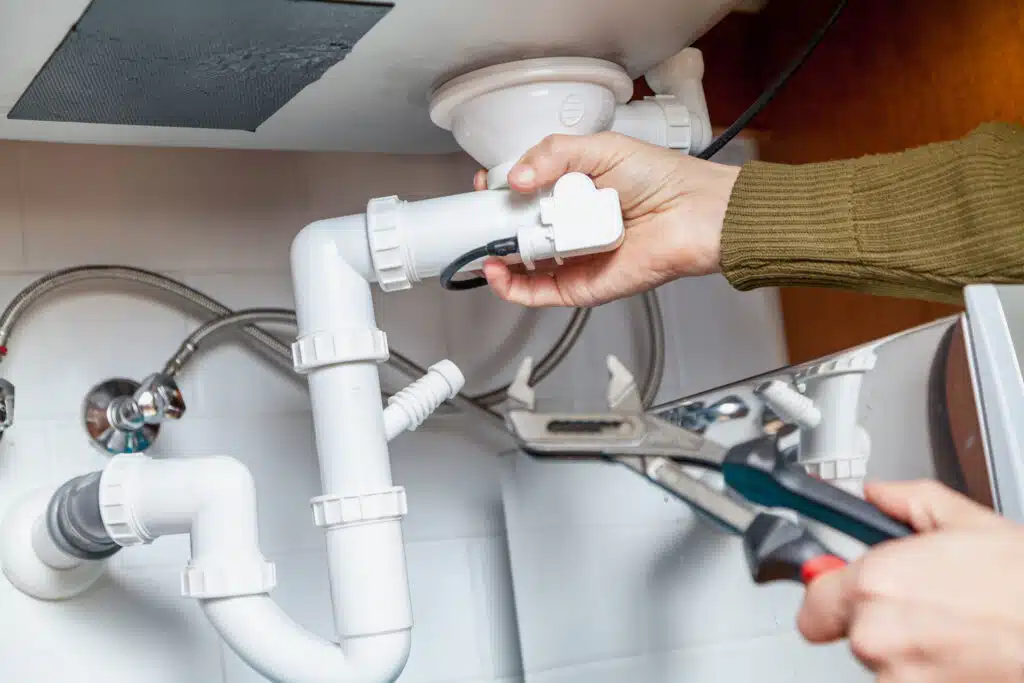A slow drain might seem like a minor inconvenience, but it can signal deeper plumbing problems that shouldn’t be ignored. Whether it’s water pooling in your sink, a shower that takes forever to drain, or a gurgling noise from your pipes, these signs can point to buildup, pipe damage, or even sewer line issues. If left unchecked, slow drains can lead to more severe plumbing complications, including costly repairs and potential water damage.
For homeowners in Lancaster, PA, understanding the risks of a slow drain is crucial. The region’s varying seasons can impact your plumbing, causing changes in water flow and buildup in your pipes. Ignoring these warning signs may result in mold growth, unpleasant odors, and even structural damage to your home.
This article explores the hidden dangers of a slow drain, common causes, and the best ways to fix and prevent them. Plus, we’ll discuss when to call Benjamin Franklin Plumbing of Lancaster, PA for professional assistance. Keeping your drains clear isn’t just about convenience—it’s essential for the health and longevity of your plumbing system.
What Causes a Slow Drain?
A slow drain can develop for several reasons, many of which worsen over time if left unaddressed. One of the most common causes is hair and soap scum buildup, especially in bathroom sinks and showers. Over time, these materials stick to pipe walls, restricting water flow and leading to stubborn clogs.
In kitchen sinks, grease and food particles are frequent culprits. When grease cools, it hardens and coats the inside of pipes, trapping food debris and other waste. Even if you rinse with hot water, grease buildup can accumulate and cause slow drainage.
Another possible cause is mineral deposits from hard water. In areas like Lancaster, PA, where water may contain high levels of minerals, calcium and magnesium can accumulate inside pipes. This narrows the passageway, slowing water flow and increasing the risk of clogs.
For outdoor plumbing, tree roots can be a hidden threat. Roots seek out moisture, and if there’s even a small crack in your pipes, they can invade and create significant blockages. Older homes with clay or metal pipes are particularly vulnerable to this issue.
Finally, a slow drain could be a sign of a bigger plumbing problem, such as a partially clogged sewer line. If multiple drains in your home are slowing down at the same time, it may indicate a deeper blockage requiring professional attention.
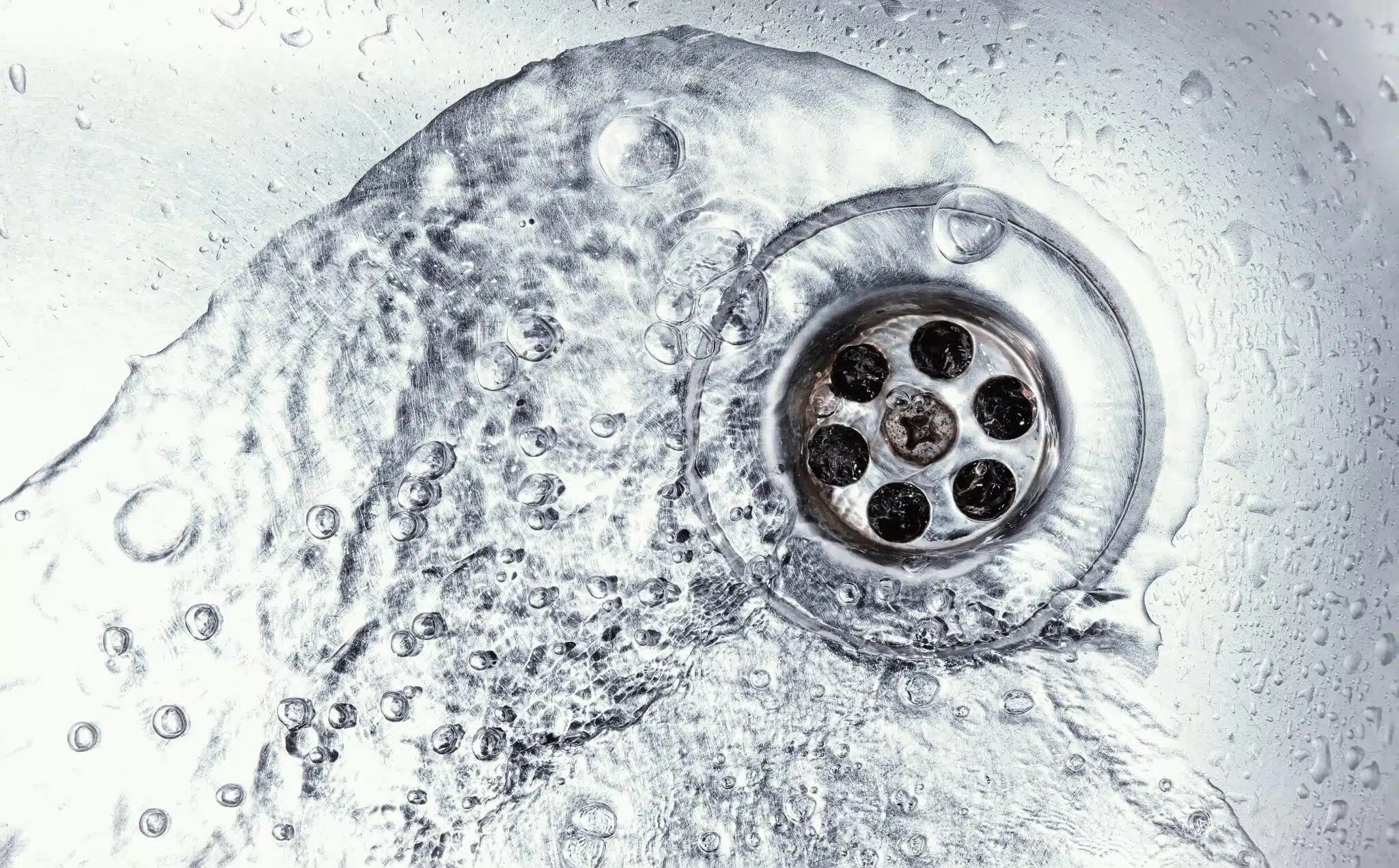
The Hidden Dangers of Ignoring a Slow Drain
A slow drain may seem like a small issue, but ignoring it can lead to serious consequences. Over time, standing water can cause water damage to your home. If a clogged drain overflows, it can ruin flooring, damage cabinetry, and create costly repairs. Even minor leaks from built-up pressure can weaken pipes and cause long-term structural issues.
Another major concern is mold and bacteria growth. A slow-draining sink or tub often leaves behind moisture, creating the perfect breeding ground for mold, mildew, and harmful bacteria. This can lead to unpleasant odors and potential health risks, especially for individuals with allergies or respiratory issues.
Ignoring a slow drain can also lead to corrosion and pipe damage. When water moves too slowly through your plumbing, it allows debris and chemicals to sit longer in your pipes. This prolonged exposure can speed up corrosion, leading to leaks or even complete pipe failure.
In some cases, a slow drain could indicate a bigger problem with your sewer line. If multiple drains in your home are slow or you notice gurgling noises, you may have a partial blockage in your main sewer line. Left unchecked, this can result in sewage backups, which are both hazardous and expensive to fix.
Addressing a slow drain early can help you avoid these hidden dangers, saving you time, money, and frustration in the long run.
How a Slow Drain Can Affect Your Home’s Plumbing System
A slow drain doesn’t just cause minor inconveniences—it can put unnecessary strain on your entire plumbing system. When water drains slowly, it increases pressure within your pipes, which can lead to leaks or even pipe bursts over time. The extra stress on aging or weakened pipes may cause hidden damage that isn’t immediately noticeable.
If the problem is left unresolved, it can also contribute to sewer line issues. A slow-moving drain can indicate a partial blockage in your home’s main sewer line. As buildup worsens, it can eventually lead to a complete blockage, resulting in sewage backups that require emergency plumbing repairs.
Another impact of a slow drain is reduced plumbing efficiency. When your drains don’t work properly, your entire plumbing system struggles to function as intended. This can cause slow water flow, inconsistent water pressure, and recurring clogs, making everyday activities like washing dishes or taking a shower more frustrating.
Additionally, standing water in your pipes can lead to unpleasant odors. Organic matter trapped in sluggish drains begins to break down, releasing foul smells throughout your home. If you notice persistent odors coming from your drains, it could be a sign of deeper plumbing issues.
Addressing slow drains promptly ensures your plumbing system remains efficient, preventing costly repairs and maintaining a healthier home environment.
Common Myths About Fixing a Slow Drain
Many homeowners believe they can solve a slow drain with quick fixes, but not all solutions are effective—or safe for your plumbing. Some popular methods can actually make the problem worse over time.
One common myth is that store-bought drain cleaners are the best solution. While these products may offer temporary relief, they contain harsh chemicals that can corrode pipes, especially in older homes. Frequent use of chemical cleaners may weaken your plumbing, leading to leaks or costly repairs.
Another misconception is that hot water and vinegar can clear any clog. While this method may help with minor buildup, it won’t remove deep blockages caused by grease, mineral deposits, or tree roots. Relying on this DIY approach too often can delay necessary repairs, allowing the issue to worsen.
Some homeowners assume that if water still drains, there’s no serious problem. However, slow drainage is often a warning sign of a developing clog. Waiting until the drain completely stops can lead to bigger plumbing issues, including backups or pipe damage.
Finally, many people believe that a plunger can fix any drainage issue. Plungers are useful for minor clogs, but they can’t address deeper blockages in pipes or sewer lines. If a drain remains sluggish after plunging, it may be time to seek professional help.
Understanding these myths can help homeowners make better decisions about maintaining their plumbing and avoiding long-term damage.
Professional Solutions for a Clogged Drain
When home remedies fail, professional plumbing services offer long-term solutions to keep your drains flowing smoothly. Plumbers use advanced tools and techniques to identify and resolve stubborn blockages without damaging your pipes.
1. Drain Inspections with Video Technology
Modern plumbing professionals use camera inspections to pinpoint blockages deep within the system. This method helps locate problems like grease buildup, tree root intrusions, or pipe damage without unnecessary guesswork.
2. Drain Snaking for Tough Clogs
A plumber may use a drain auger (or snake) to break apart and remove stubborn obstructions. Unlike household plungers, professional-grade drain snakes reach deeper into the system, making them more effective for clogs caused by hair, soap scum, or food debris.
3. Hydro Jetting for Thorough Cleaning
For severe blockages, hydro jetting is an effective solution. This technique uses high-pressure water jets to clear out grease, mineral deposits, and other buildup inside the pipes. Unlike chemical cleaners, hydro jetting is safe for pipes and environmentally friendly.
4. Sewer Line Cleaning and Repairs
If multiple drains in your home are slow, it may indicate a deeper issue with the sewer line. Plumbers can remove blockages, repair damaged pipes, or recommend a full replacement if necessary. Addressing sewer problems early prevents backups and costly repairs.
Working with a professional plumbing team, like Benjamin Franklin Plumbing of Lancaster, PA, ensures that your drainage issues are handled safely and effectively. With the right tools and expertise, plumbers can restore proper water flow and prevent future problems.
Preventing Clogged Drains: Best Practices for Homeowners
Avoiding drainage problems is easier than dealing with expensive repairs. By adopting a few simple habits, you can keep your plumbing system in good condition.
One of the most effective steps is being mindful of what goes down your drains. In the kitchen, grease, coffee grounds, and food scraps can create stubborn blockages. In bathrooms, hair and soap residue are common culprits. Using drain covers and disposing of waste properly can prevent many issues before they start.
Routine maintenance also helps. Flushing drains with hot water weekly can clear minor buildup before it hardens. For an extra boost, a mixture of baking soda and vinegar can help break down residue naturally.
Another important step is scheduling professional inspections. Plumbers can identify early warning signs and remove developing blockages before they worsen. Annual checkups are especially beneficial for older homes or properties with a history of plumbing problems.
Finally, keep an eye on water pressure and drainage speed. A sudden drop in pressure or recurring sluggish water flow could indicate a larger issue. Addressing these signs early prevents more serious plumbing failures.
By taking these proactive measures, homeowners can reduce the risk of drainage problems and extend the life of their pipes. Regular care is always more cost-effective than dealing with a major plumbing emergency.
When to Call a Plumber for Drain Problems
While minor clogs may clear on their own, some drainage issues require professional attention. Knowing when to call a plumber can help prevent costly damage to your home’s plumbing system.
One major warning sign is water backing up in multiple fixtures. If sinks, tubs, or toilets are draining slowly at the same time, it could indicate a blockage in the main sewer line. This is a serious issue that requires immediate professional help.
Another red flag is persistent foul odors coming from your drains. Unpleasant smells can result from trapped food, grease, or bacteria buildup. If cleaning doesn’t eliminate the odor, there may be a deeper problem in the pipes.
If you hear gurgling or bubbling noises when using sinks or toilets, it may signal trapped air caused by a clog. This can indicate an obstruction further down the system that needs professional removal.
Frequent clogs are another reason to seek expert help. If the same drain continues to slow down despite cleaning, there may be an issue deeper in the plumbing. A plumber can use advanced tools, such as cameras and hydro jetting, to resolve stubborn blockages.
For homeowners in Lancaster, PA, calling a trusted professional like Benjamin Franklin Plumbing of Lancaster, PA ensures proper diagnosis and repair. Addressing drainage problems early helps prevent long-term damage and keeps your plumbing system in top shape.
Seasonal Drain Maintenance Tips for Lancaster, PA
Lancaster, PA experiences a variety of weather conditions throughout the year, and each season can impact your home’s drainage system differently. Adapting your plumbing maintenance routine to these seasonal changes can help prevent slow drains and costly repairs.
Winter: Preventing Frozen Pipes and Drain Issues
Cold temperatures can cause pipes to freeze, which may lead to slow drainage or even pipe bursts. To prevent this:
- Keep your home’s temperature above 55°F, even when you’re away.
- Insulate exposed pipes, especially in basements, crawl spaces, and garages.
- Let faucets drip slightly on extremely cold nights to keep water moving.
Spring & Summer: Managing Increased Water Usage
Warmer months often bring increased water use from outdoor activities, gardening, and seasonal rain. To keep your drains clear:
- Ensure outdoor drains and gutters are free from leaves and debris.
- Check for slow drainage after heavy rains, as excess water can overwhelm your plumbing system.
- Be cautious of tree root intrusion, which can block underground pipes in search of moisture.
Fall: Preventing Leaf and Debris Buildup
Falling leaves and debris can clog outdoor drains, gutters, and even underground plumbing. To avoid issues:
- Regularly clear leaves from gutters and downspouts.
- Install drain guards to keep large debris out of outdoor pipes.
- Schedule a seasonal drain inspection to check for early signs of blockages before winter arrives.
By following these seasonal maintenance tips, homeowners in Lancaster, PA can help prevent slow drainage and keep their plumbing system functioning efficiently all year long.

FAQs
1. What causes drains to slow down over time?
Slow drainage is often caused by a buildup of hair, soap scum, grease, and food particles. In some cases, mineral deposits or tree root intrusion can also restrict water flow.
2. Are chemical drain cleaners safe to use?
Store-bought drain cleaners contain harsh chemicals that can corrode pipes over time. While they may provide temporary relief, frequent use can lead to pipe damage. Professional solutions like snaking or hydro jetting are safer alternatives.
3. How do I know if my slow drain is a bigger problem?
If multiple drains in your home are slow, you hear gurgling noises, or notice sewage odors, it could indicate a deeper issue, such as a blocked sewer line. In these cases, it’s best to call a plumber.
4. What’s the best way to prevent clogged drains?
Preventative measures include using drain covers, avoiding grease disposal in sinks, and regularly flushing drains with hot water. Routine professional inspections can also help catch issues early.
5. How often should I have my drains inspected?
For optimal plumbing health, homeowners should schedule a professional drain inspection at least once a year. Homes with older plumbing or frequent clogs may benefit from more frequent checkups.

